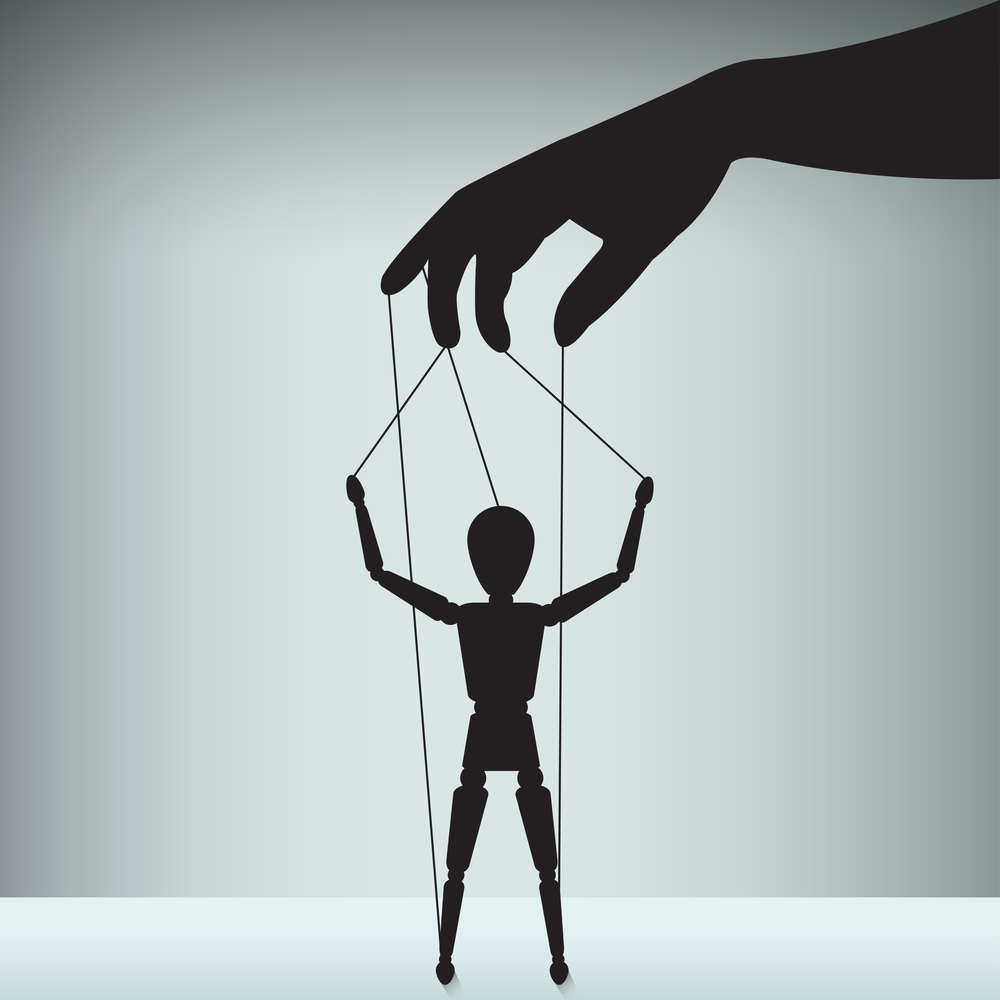
So You Think You’re a People Pleaser?
People pleasers tend to say yes when they want to say no, laugh when they’re not amused, apologize profusely for the smallest infractions, break with their values to avoid others’ judgments, and generally shape shift to gain the acceptance of those around them. While this might seem somewhat harmless, the reality is that people pleasing can have serious consequences—pulling us away from our center, making us feel out of touch with ourselves, and ultimately leaving us feeling more alone.
If you’ve struggled with people pleasing in the past, here are some tips that may help:
Recognize that people pleasing serves a purpose
Being a people pleaser doesn’t make you weak or flawed. Instead of calling yourself a people pleaser, drop the label and pay attention to how the behavior has served you. Usually, “people pleasers” are those of us who have experienced some form of rejection or trauma earlier in our lives. Perhaps you were bullied, lost someone important to you, had critical caregivers or parents who struggled with their own demons. Perhaps you were just a sensitive kid, keyed into the emotions of the people around you to the point where you experienced other people’s suffering as your own.
Whatever the cause, people pleasing is an unconscious coping mechanism that serves a purpose—to bring us closer to the people around us.
Through people pleasing, we are actually trying to fulfill a basic need: to feel worthy of love, connection, and care while avoiding conflict. But while the desire to connect and feel whole is a wonderful thing, the truth is that genuine, sustainable connection occurs when we can authentically be ourselves, set appropriate boundaries, and practice healthy and honest communication.
Let go of the idea of niceness and stop being polite
Think about a person who you admire, or who has made an important impact on your life. What makes them who they are? Are they more polite, or kind? Are they more agreeable, or honest? The likelihood is that you, like most of us, are drawn to people who are authentically themselves—no matter how imperfect or flawed they are. These are the qualities that inspire deep connection, and they are the qualities that leave a lasting impact.
“People pleasers” are deeply afraid of being judged negatively by others.
But part of loving yourself is accepting that you won’t always get the approval and validation you seek.
You won’t vibe with or agree with everyone. In fact, conflict is an important and necessary part of human relationships. Now that you recognize how people pleasing has served you, it is time to give up striving to be nice and instead strive to be fully you.
Cultivate self-love
When we are young, we rely on the love of others for survival. If we were lucky and we were spared from trauma and experienced healthy attachments and connections to others, we can hopefully develop an internal sense of being loved and loving that feels natural and authentic. If not, we must practice this feeling enough that we can acclimate to it—so that we won’t be so desperate to find it outside of ourselves.
One way to do this is through practicing self-compassion.
Try this exercise: put your hand on your heart and try to conjure the sensation of love and compassion and direct it inwards. If this feels a little strange or uncomfortable, it is because it is new.
Commit to a daily practice of self-love: the more you experience giving yourself the approval, validation and love you seek, the easier and more natural it will be—and the less likely you are to look for it outside of yourself.
Practice asserting yourself in healthy ways.
Unlearning “people pleasing” habits may take some time. But the key is to start small and build consistency.
Try every day to find small ways to make yourself your priority.
The next time someone asks you your opinion, try giving it honestly—without worrying whether your thoughts on the topic differ from theirs. The next time you are asked to do something you don’t want to do, experiment with saying no. If its uncomfortable, that’s just showing you that you are in new territory. Don’t give up.
Humans need to connect, to love and be loved. But it starts within. The truth is: no matter how much we are loved by others, we won’t be able to truly feel or receive it unless we already love ourselves. Getting to know yourself and being ready to share who you are with the world can take some time—but it is a journey that is well worth it.
